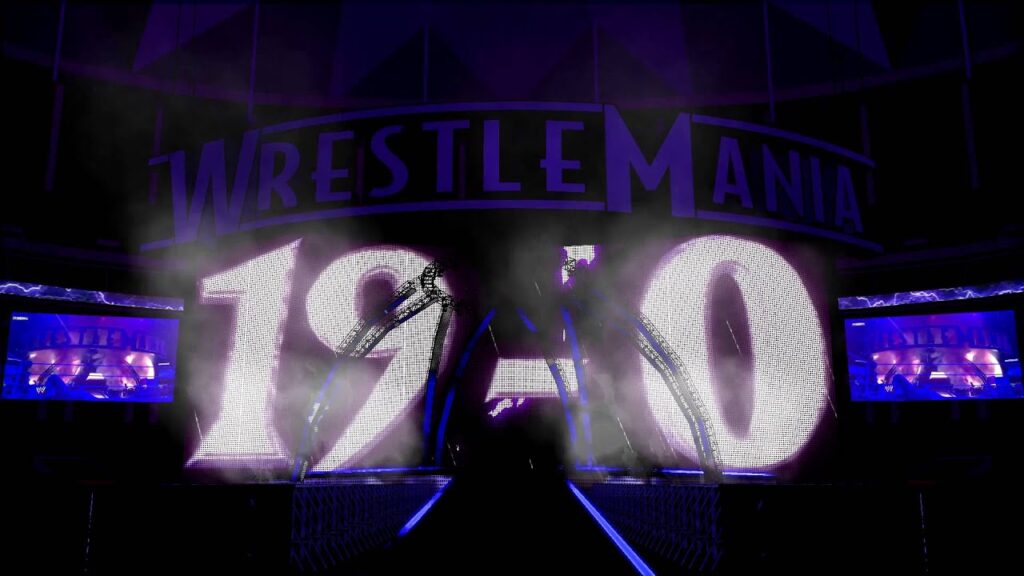
Introduction
In an ever-changing world, the role of the undertaker remains a cornerstone in the process of mourning and remembrance. The undertaker, often referred to as a funeral director, provides crucial services to families during one of their most challenging times. This profession not only involves managing the logistics of a funeral but also requires a deep sense of empathy and support for grieving families.
The Responsibilities of Undertakers
Undertakers oversee various essential duties, from preparing the deceased for burial or cremation to organizing the ceremony itself. They work closely with families to ensure that every aspect of the service aligns with their wishes and cultural practices. This may involve collaborating with clergy, securing permits, and coordinating transportation.
Beyond the logistical tasks, undertakers play a vital role in facilitating discussions about end-of-life preferences. They offer guidance on different types of services, including traditional burials, cremations, and memorial services, allowing families to make informed decisions.
Supporting Grieving Families
In addition to their practical duties, undertakers serve as an emotional support system for bereaved families. They often provide counseling services or refer families to grief support resources. This compassionate approach is essential, as grief can be a complex journey characterized by various emotional and psychological challenges.
Adapting to Modern Trends
As society evolves, so does the role of the undertaker. Innovative practices, like online memorial services and eco-friendly funerals, have become increasingly popular. Many modern undertakers have embraced technology to offer virtual services, allowing families to connect across distances and honor their loved ones without geographical barriers.
Moreover, there is growing awareness around personalized funerals, where undertakers collaborate to create unique tributes that reflect the individual’s life, interests, and personality. This shift reflects a larger trend toward honoring life rather than simply mourning death.
Conclusion
The role of undertakers in society continues to be significant, combining professionalism with compassion and understanding. As trends shift and the needs of families evolve, undertakers will remain vital in helping communities navigate grief. For readers, recognizing the importance of this profession fosters appreciation for those who dedicate their lives to honoring and remembering the departed. As we progress into the future, the commitment of undertakers to serve families while adapting to societal changes will undeniably be essential in shaping how we celebrate life and cope with loss.



